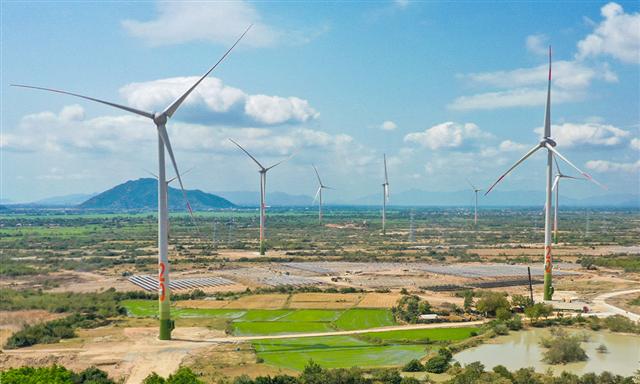Borikhamxay cassava growers concerned about payment default
Borikhamxay cassava growers concerned about payment default
Since the drop in the rice price, farmers in Borikhamxay province have begun growing cassava and other crops instead in a move to diversify their income sources.
Although the income earned from cassava has been quite good this year, traders and purchasing companies still owe farmers for the crops they supplied as it takes them two or three months to repay the debt owed to farmers for each crop.
But many farmers fear that traders or companies could easily default on their debts due to the absence of any warranty or agreement signed between authorities and companies or between farmers and companies.
Director of the Borikhamxay provincial Department of Industry and Commerce, Mr Seng-aloun Seng-aphone, told Vientiane Times on Friday Farmers mostly don't tell us about their cassava deals with companies so how can we help them to draw up a contract?
Mr Seng-aloun said he was aware of the unfortunate situation involving the Lao-Indochina Group Public Company in Vientiane's Pakngum district, which failed to pay the money owed to a large number of cassava farmers.
The company still owes about 13.5 billion kip to local cassava growers who supplied them with their crops, after paying almost 4 billion kip of the total 17.5 billion kip owed.
As a result of the default by the Lao-Indochina Group, many farmers have been unable to repay their bank loans, which has further added to their financial difficulties.
Mr Seng-aloun said more talks were needed between all parties involved to ensure farmers wouldn't be taken advantage of by purchasers.
Critics say it's essential that authorities interfere in this business and ensure that contracts are drawn up between purchasing companies and growers so that history won't be repeated.
Deputy Director of the provincial Department of Agriculture and Forestry, Mr Somsa-nguan Souvannalath, said about 12,000 hectares of cassava are now under cultivation in Borikhamxay province, mainly in Borikhan and Pakkading districts.
Many farmers sell fresh cassava to two factories in the province while others sell dried cassava to traders for export to Vietnam and Thailand.
One kilogramme of raw cassava currently sells for 800 kip.
One grower named Ms Yang said The price of cassava is not high this year but we have no choice. My family does not only rely on rice farming but also grows other crops such as cassava so we can earn more money.
Farmers in Borikhamxay province are struggling to boost their income since the drop in crop prices, particularly rice the main money-spinner for Lao farmers.
Many farmers are unwilling to grow rice in the dry season as they have been unable to sell all of their wet season crop. The price for paddy is quite low at about 2,000 kip per kg.
Instead they are keen to diversify their crops and generate more income.
Farmers in Borikhamxay province are traditionally hard working and are used to growing crops on a commercial basis, but their main challenge is securing stable markets. This is something the local authorities need to work at so they can help farmers to overcome the obstacles they face.














